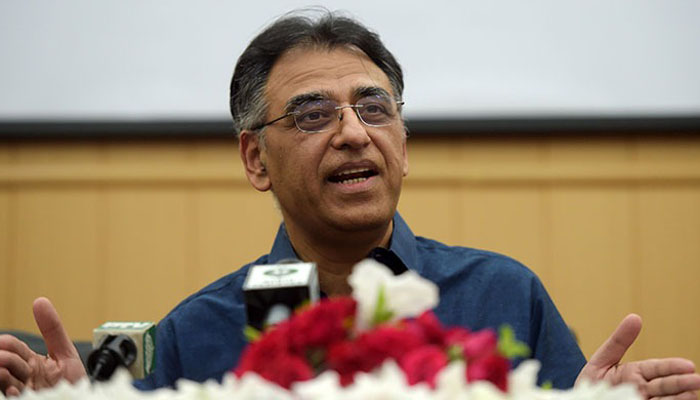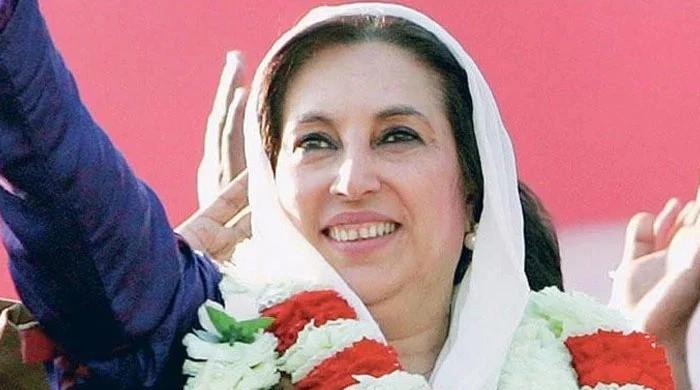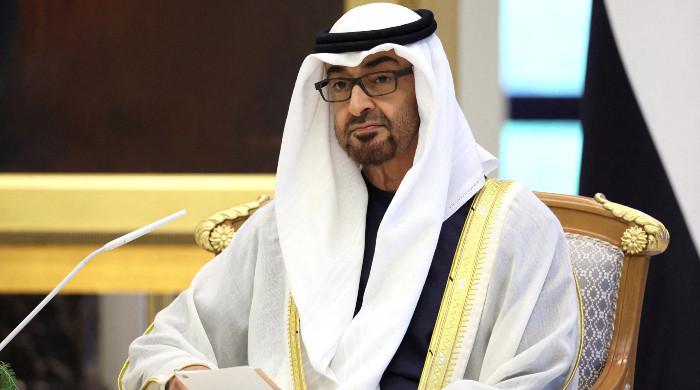The events that led to Asad Umar’s unceremonious exit
One wonders why the prime minister had to give his most-trusted lieutenant an unceremonious exit
April 20, 2019

It was no secret that Pakistan’s finance minister, Asad Umar, was not preforming up to the mark. The opposition was salivating at the prospects of his failure. Even members of the ruling Pakistan Tehreek-e-Insaf (PTI) were grumbling.
Umar was seen as being responsible for failing to control inflation, for taking too long to decide whether Pakistan needed another bailout package, and for not being able to secure adequate funds from friendly countries.
Within the party, the loudest critic was Murad Saeed, the minister for communications. When the tax amnesty scheme was presented to the cabinet, he and other like-minded opposed it vehemently.
Outside the power corridors, and into the local markets, there was confusion. Eight months in and the newly-minted finance minister seemed to have been working without a plan.
Now, the prime minister is sensitive to criticism. Which is why earlier this month, he decided that a change needed to be made. If he was to stabilise his government, and not bud heads with other institutions, finance and security had to be in safer hands. So out goes the finance minister and in comes a more experienced Abdul Hafeez Sheikh. Separately, the prime minister decided to part with the interior ministry and hand it over to Brigadier (retd) Ijaz Shah.
The news was then slowly leaked to the media to prepare the market. Talk of Umar’s replacement was already circulating for a few months now, yet the manner of his exit on Thursday came as a rude shock for everyone.
Those privy to the development say that a week ago the prime minister decided to place a technocrat, instead of a politician, in the ministry for finance. Asad Umar wasn’t completely in the dark either. The word had gotten around to him.
Finally, on Wednesday midnight, the prime minister broke the news to Umar via WhatsApp. The exchange between the two was long and tense. Umar, an old and close confidante of the prime minister, was slighted.
Prime Minister Imran Khan offered him the ministry for petroleum instead. He refused. The next offer was to continue to head a selection of cabinet committees, including the Economic Coordination Committee, Cabinet Committee of Privatization and the Executive Committee of National Economic Council, which are otherwise the domain of the prime minister, but Umar was running them on his behalf. Again, the finance minister snubbed the proposal. His reasoning was that the new finance minister would want to head these committees himself and that would create problems between the two.
A few hours after the conversation, Umar tweeted the news and then later briefed the press — alone and abandoned.
While, the prime minister has the prerogative to reassemble and reshuffle his cabinet at any junction of his tenure, one wonders why the finance minister was sent packing a few days before Pakistan was to secure a monetary bailout package from the IMF or close to the PTI-government’s first annual budget.
One wonders why the prime minister had to give his most-trusted lieutenant an unceremonious exit.









